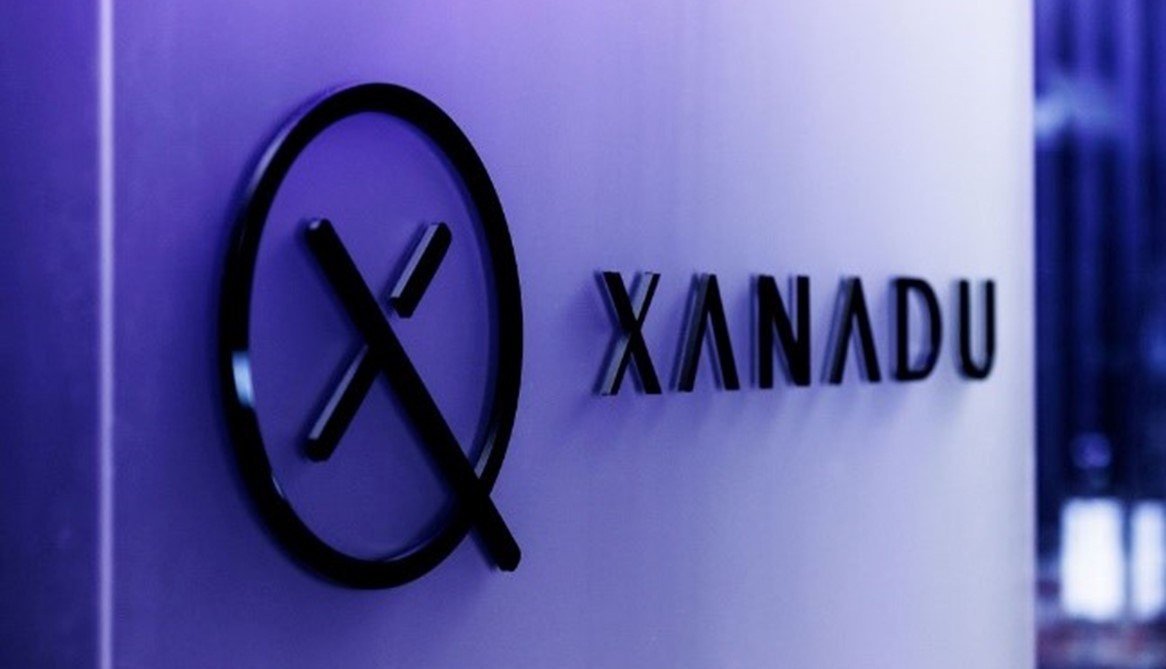Volkswagen Group, Xanadu establish quantum simulation program for battery materials
Volkswagen Group and Canadian quantum technology company Xanadu have established a multiyear research program to improve the performance of quantum algorithms for simulating battery materials.
The research program focuses on innovations in quantum algorithms for simulating battery materials, which are needed to potentially impact the design and development of next-generation cells. The goal is to reduce computational costs and accelerate VW's adoption of quantum computers to develop battery materials that are safer, lighter, and more cost-effective, according to the company.
Accurate and efficient simulation of battery materials is an industry-wide challenge that could benefit from the arrival of fault-tolerant quantum computers. Existing classical methods, such as density-functional theory, have been the cornerstone of computational chemistry for several decades, but despite their many successes, are reaching limitations on research areas critical for building better batteries.
"With its new strategy, Volkswagen enters new territory, especially when it comes to exploring opportunities along the battery value chain. Next-generation high-performance materials and electrochemical processes are key ingredients of this expedition." says Dr. Nikolai Ardey, Head of Volkswagen Group Innovation.
"Working together with cutting-edge companies like Xanadu is like hopping on a speedboat heading for the horizon: Quantum Computing might trigger a revolution in material science and optimization, key competences to grow our in-house battery expertise", he adds.
Over the past year, Volkswagen and Xanadu have engaged in multi-domain research across material science, computational chemistry, battery technologies, and quantum algorithms that have set the foundation for the program's long-term research efforts. The joint program focuses on the development of advanced quantum algorithms for simulating battery materials that will be processed on Xanadu's next generation fault-tolerant quantum computers.
"At Xanadu, we are pushing the frontiers of quantum computing hardware, software, and algorithms. Our goal in quantum algorithms research is to make quantum computers truly useful. Focusing on batteries is a strategic choice given the demand from industry and the prospects for quantum computing to aid in understanding the complex chemistry inside a battery cell," said Juan Miguel Arrazola, Head of Algorithms at Xanadu.
"We are thrilled to be working alongside the fantastic team at Volkswagen to perform cutting-edge research focused on overcoming the technical obstacles in quantum algorithms that will be necessary to unlock the potential of quantum computing for battery development, added Juan.
Further, the program will also investigate additional computational problems in materials discovery where quantum computing has the strongest prospects for massive impact. The partnership with Xanadu supports Volkswagen's larger objective of becoming a data and software-driven provider of more sustainable mobility and their ambition to be leaders in both battery development and quantum computing applications.
Earlier this year, Volkswagen AG and the Government of Canada signed a Memorandum of Understanding to promote e-mobility in the country. Both parties agreed to investigate opportunities for Canada to contribute to Volkswagen's global and regional battery supply chains.
Notable, the Canadian government has been investing heavily in quantum technologies, resulting in a vibrant quantum ecosystem, making Canada a leader in the quantum technology space.






















